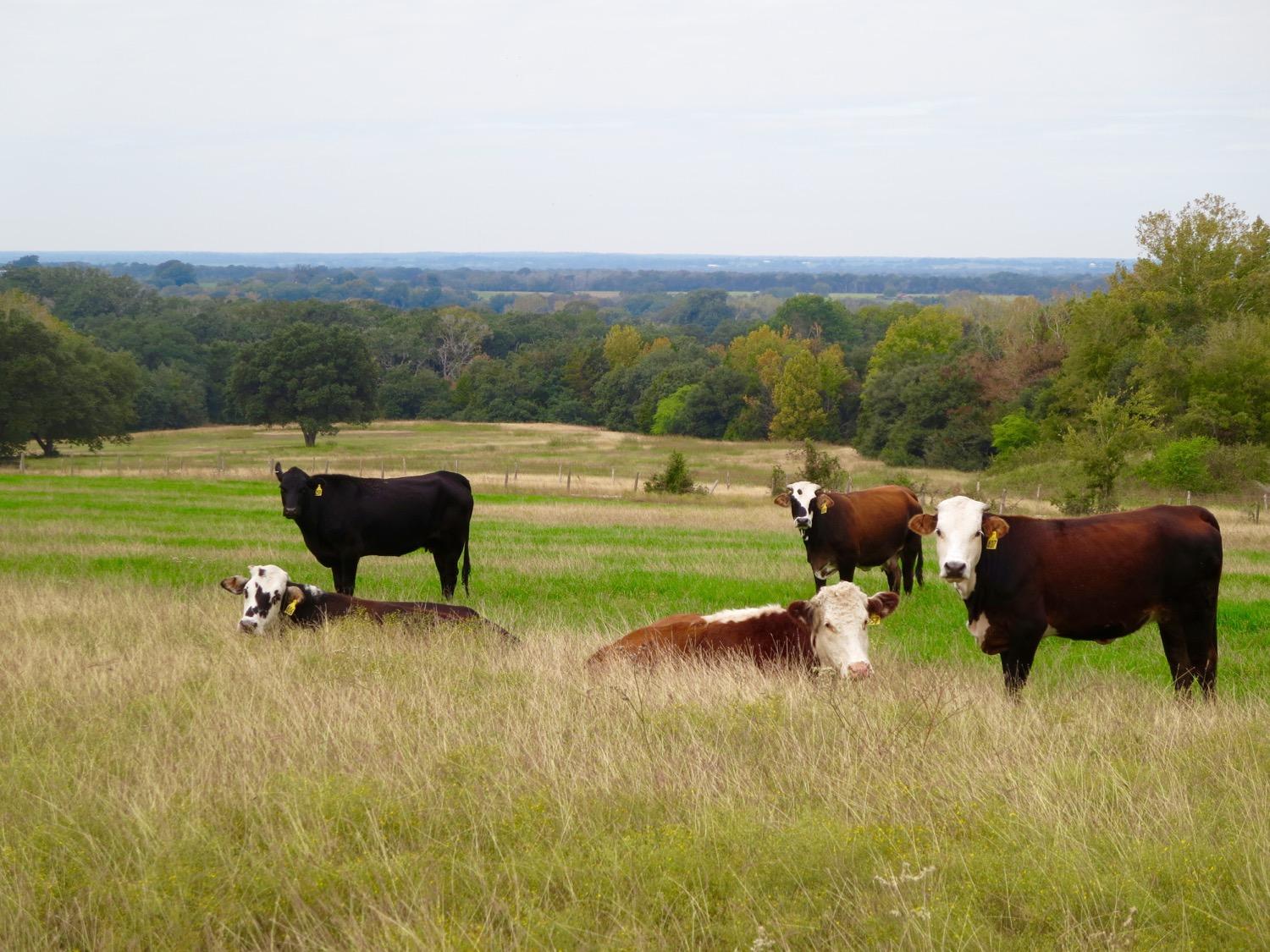Houston, Texas, with its diverse landscape and climate, presents unique opportunities for farming enthusiasts. Whether you’re a seasoned farmer or just starting out, maximizing the potential of your farm in Houston requires strategic planning and innovative techniques. In this article, we’ll unveil 10 secrets to help you make the most of your farm in the vibrant city of Houston.
1. Choose the Right Crops:
Understanding the local climate and soil conditions is crucial for successful farming in Houston. Opt for crops that thrive in the region’s subtropical climate, such as tomatoes, peppers, okra, and watermelons. Additionally, consider native plants and drought-resistant varieties to minimize water usage and enhance sustainability.
2. Implement Sustainable Practices:
Sustainability is key to long-term success in farming. Embrace practices such as crop rotation, composting, and integrated pest management to maintain soil health and minimize environmental impact. Investing in renewable energy sources like solar panels can also reduce operational costs and carbon footprint.
3. Utilize Urban Farming Techniques:
Space constraints in urban areas like Houston necessitate innovative farming techniques. Explore vertical gardening, hydroponics, and aquaponics to maximize yields in limited spaces. Utilizing rooftops, vacant lots, or community gardens can also expand your farming footprint and foster community engagement.
4. Harness Technology:
Leverage technology to streamline farm operations and enhance productivity. Use weather forecasting apps to optimize planting schedules and irrigation systems for efficient water management. Adopt precision agriculture tools like drones and sensors for real-time monitoring of crops and soil conditions.
5. Diversify Income Streams:
In a dynamic market like Houston, diversifying income streams can mitigate risks and maximize profitability. Explore options such as agritourism, farmers’ markets, and value-added products like jams or artisanal cheeses. Offering farm-to-table experiences or hosting events can also attract additional revenue.
6. Build Strong Community Connections:
Cultivate relationships with local chefs, restaurants, and farmers’ cooperatives to create mutually beneficial partnerships. Collaborating with neighboring farms for bulk purchases or joint marketing efforts can reduce costs and increase market visibility. Engage with the community through educational workshops, farm tours, and volunteer opportunities to build a loyal customer base.
7. Prioritize Soil Health:
Healthy soil is the foundation of a successful farm. Invest in soil testing to assess nutrient levels and pH balance, then tailor fertilization and amendment strategies accordingly. Implement cover cropping and mulching to improve soil structure, retain moisture, and suppress weeds. Regularly monitor soil health indicators to ensure long-term sustainability.
8. Optimize Water Management:
Efficient water management is essential, especially in regions prone to drought like Houston. Install drip irrigation systems to deliver water directly to plant roots, minimizing waste and evaporation. Collect rainwater through harvesting systems for irrigation during dry spells. Implementing water-saving techniques such as mulching and using drought-tolerant crops can further conserve water resources.
9. Embrace Permaculture Principles:
Permaculture principles emphasize designing agricultural systems that mimic natural ecosystems, promoting resilience and biodiversity. Incorporate elements such as polyculture planting, agroforestry, and wildlife habitat creation to enhance ecosystem services and reduce reliance on external inputs. By working with nature rather than against it, you can create a sustainable and harmonious farm ecosystem.
10. Continuously Educate Yourself:
Farming is a dynamic field that requires continuous learning and adaptation. Stay updated on the latest research, trends, and best practices through workshops, seminars, and online resources. Joining local farming associations or networks can provide valuable insights and support from experienced peers. Embrace experimentation and don’t be afraid to try new approaches to optimize your farm’s productivity and resilience.
Conclusion:
Maximizing the potential of your farm in Houston requires a combination of strategic planning, innovative techniques, and a deep understanding of local conditions. By choosing the right crops, implementing sustainable practices, harnessing technology, and fostering strong community connections, you can create a thriving and resilient farm ecosystem. Embrace diversity, prioritize soil health and water management, and continuously educate yourself to stay ahead in the dynamic world of farming. With these 10 secrets, you can unlock the full potential of your farm and contribute to the vibrant agricultural landscape of Houston.

